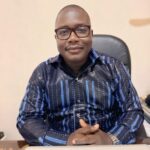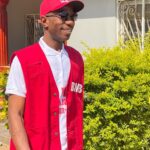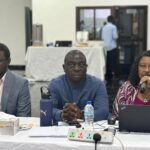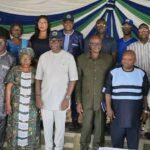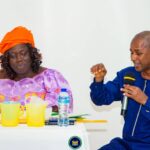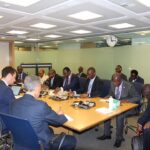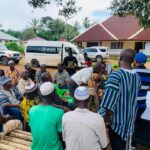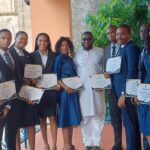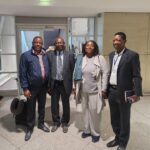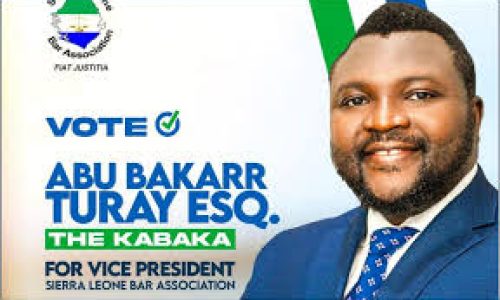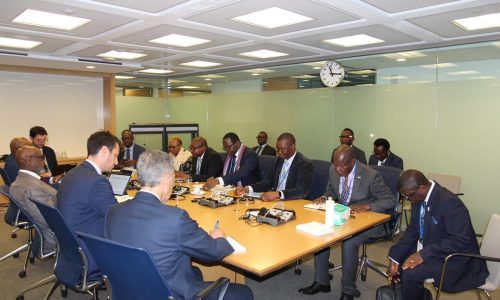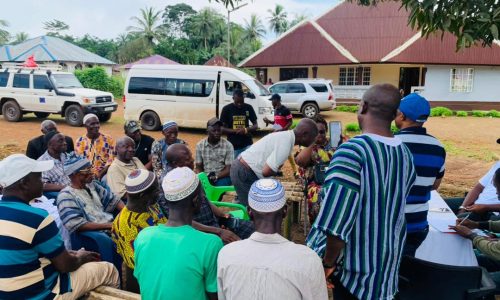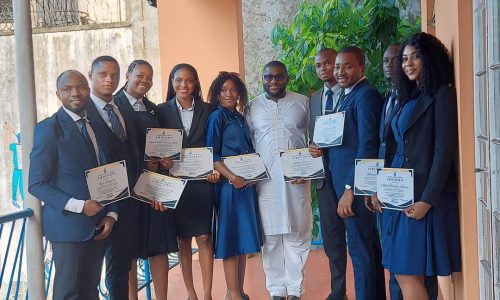The Environment Protection Agency (EPA-SL) has concluded a two-day training on integrated coastal and ocean management in Sierra Leone at the Atlantic Hotel in Freetown
The workshop was organized by the Agency in collaboration with the Abidjan Convention and was facilitated by the International Ocean Institute Southern Africa, to promote Ocean governance and environmental sustainability in the African-Caribbean and Pacific countries and to implement the Abidjan Convention’s 13th Conference of Parties (COP13) decisions. The target participants of the workshop were drawn from Ministries, Departments, and Agencies in the marine sector, Law enforcement Agencies, Civil Society, the University, and other environmental regulators. As per the theme of the workshop, the two days focused primarily on climate change and ocean governance implications with emphasis on key risks from climate change in the African Context and consideration for moving towards climate-resilient development, especially in the marine sector. Andre Share, the Project Lead of the International Ocean Institute-Southern Africa, and his Director, Judy Beaumont, the Director the Programme Coordinator of the Abidjan Convention, Dr. Abdoulaye Diagana, the Consultant for Sierra Leone, Dr. Sallieu Kabba Sankoh, Dr. Jared Bosire from the Nairobi Secretariat, UN Environment Programme, Advocate Nicollete Vink, Director-Law Reform, Department of Forestry, Fisheries and the Environment in South Africa, and the Director of Natural Resources Governance, Paul A. Lamin, extensively covered components such as the capacity to addressing emerging challenges in ocean governance, legislative framework for integrated ocean management, the roadmap for strengthening such management and the linkages of ocean governance with Blue Economy. The sessions featured interactive discussions on crosscutting issues in ocean management, where participants expressed the need for global climate negotiators to factor in the findings of the IPCC reports as well as make regional ocean governance strategy development participatory. On the aspect of the development of the proposed Abidjan Convention Integrated Coastal and Ocean management strategy, participants recommended the following elements: Strengthening regional collaboration, research, monitoring and surveillance, climate change, marine Spatial planning, Strengthening the legal frameworks, education and awareness, gender empowerment, promoting blue economy, and capacity building. In summary, participants believe that effective integrated oceans and coastal management in Sierra Leone requires the participation and consideration of all stakeholders and decision-makers. We acknowledge our partners at the #UNEP, the #AbidjanConvention, and the International Ocean Institute-Southern Africa and aspire to deepen our cooperation through other themes around environmental governance and challenges.

